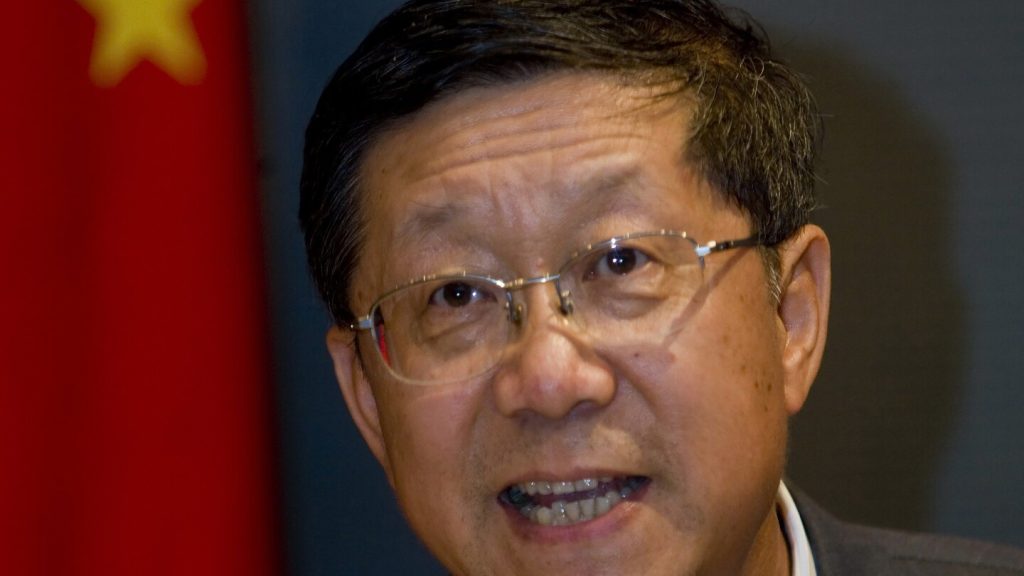The former chairman of the China Everbright Group and ex-central bank executive Tang Shuangning has been indicted on suspicion of embezzlement and bribery. Tang, 69, was arrested in January and is accused of taking advantage of his position at the state-owned bank to facilitate illegal payments in exchange for favors. This is part of a wider crackdown on financial crimes and corruption among senior officials in China, with Tang being one of many targeted in President Xi Jinping’s anti-corruption campaign over the past decade.
Tang’s successor at Everbright, Li Xiaopeng, has also been suspected of graft, leading to his expulsion from the ruling Communist Party and removal from public office. This case is part of a larger trend of senior bankers and financial executives being targeted for corruption allegations in China. For example, Liu Liange, former chairman of the Bank of China, was indicted in February on similar charges to Tang, while Sun Guofeng, a former central bank senior official, was sentenced to over 16 years in prison for accepting bribes.
Sun Deshun, former president of state-owned China CITIC Bank, has been sentenced to life imprisonment for reportedly accepting over $130 million in bribes during his career. Zhang Hongli, a former senior executive of the state-owned Industrial and Commercial Bank of China, has also been under investigation for graft. This wave of indictments and sentences highlights the seriousness with which China is cracking down on corruption within its financial sector and government institutions.
The Supreme People’s Procuratorate issued a statement confirming Tang’s indictment by a court in Tangshan, about 100 miles east of Beijing. Tang is accused of seeking convenience for others in exchange for illegal payments that were deemed particularly significant. Despite retiring in 2017, Tang’s alleged crimes have caught up with him, leading to his expulsion from the Communist Party and facing prosecution for embezzlement and bribery. The crackdown on financial crimes is seen as part of President Xi Jinping’s efforts to eliminate corruption and consolidate power within the ruling party.
With high-profile cases like Tang’s making headlines, it is clear that China’s anti-corruption campaign is far from over. The removal of senior officials from their positions due to corruption allegations sends a strong message about the consequences of abusing power for personal gain. As more cases come to light and more individuals are held accountable for their actions, the hope is that China’s financial sector will become more transparent and trustworthy, benefiting both the government and the people. The continued efforts to root out corruption show a commitment to upholding integrity and accountability in China’s institutions, despite the challenges and obstacles that may arise along the way.


